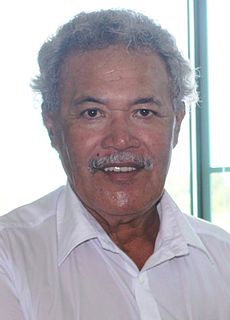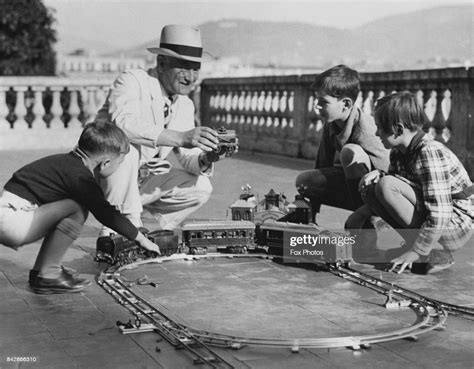A Quote by Edward Gibbon
In a distant age and climate, the tragic scene of the death of Hosein will awaken the sympathy of the coldest reader.
Related Quotes
Such exceptional suffering and calamity, then, affecting the hero, and-we must now add-generally extending far and wide beyond him, so as to make the whole scene a scene of woe, are an essential ingredient in tragedy and a chief source of the tragic emotions, and especially of pity. But the proportions of this ingredient, and the direction taken by tragic pity, will naturally vary greatly.
You need to have a reader's sympathy in order to accomplish anything. It's like at a reading, I find it's better to read something funny than to read something tragic. It just goes over better because you have a finite amount of time with somebody. Of course, in a book, you have a lot of time. But you still do want to make a certain impression right when you begin.






































